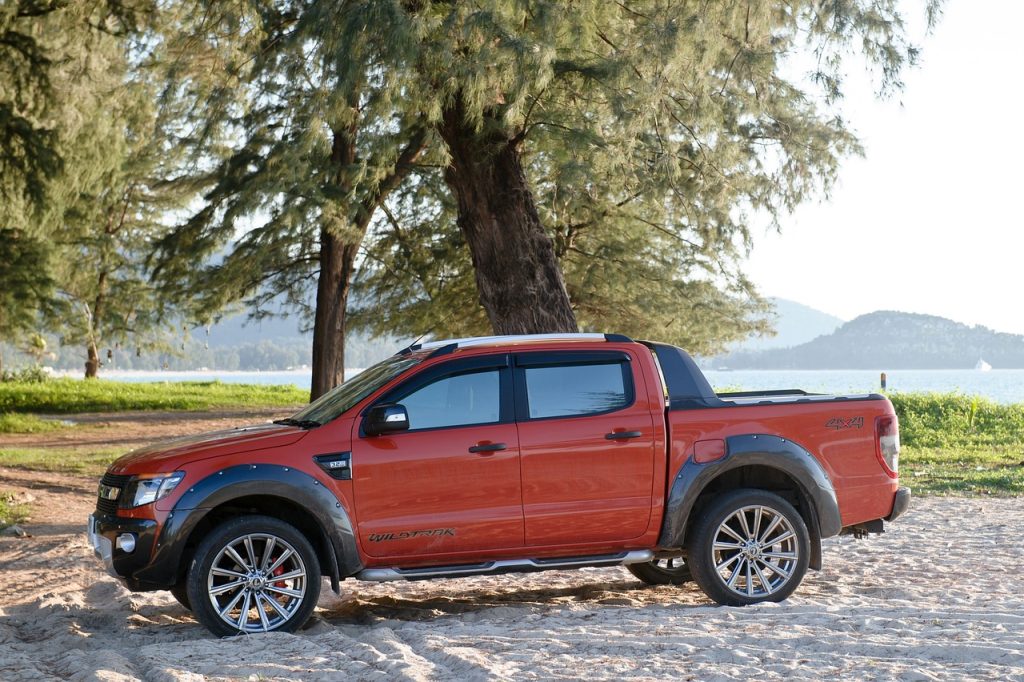A recent update in the Budget report reveals that double-cab pickups will soon be taxed as cars. This change comes after a series of reversals in how these vehicles have been classified for tax purposes over the past year.
In February, HMRC initially announced that double-cab pickups would be classified as cars rather than vans for income tax purposes. However, this decision was reversed just a week later, and double-cab pickups retained their van classification. Now, eight months later, the government has revisited this issue, deciding again to classify double-cab pickups as cars for tax purposes.
This latest change follows the Court of Appeal ruling in Payne & Ors (Coca-Cola) vs R & C Commrs (2020), which brought further attention to the tax classification of these vehicles. The new tax guidelines will apply to double-cab pickups with a payload of one tonne or more; those with a payload of less than one tonne are already taxed as cars.
The updated rules will take effect on 1st April 2025 for corporation tax and 6th April 2025 for income tax. After these dates, double-cab pickups will be treated as cars concerning capital allowances, benefits in kind, and some deductions from business profits.
The Budget report confirmed that current capital allowances will remain for those who purchase double-cab pickups before April 2025. Additionally, transitional benefit-in-kind arrangements will apply to employers who have purchased, leased, or ordered a double-cab pickup before 6th April 2025. These businesses can continue using the existing tax treatment until the vehicle is sold, the lease expires, or 5th April 2029, whichever comes first. Previously, these less favourable benefit-in-kind conditions were set to take effect from 1st July 2024.
What Is a Double-Cab Pickup?
According to the Employment Income Manual (EIM23150), a double-cab pickup has:
- A front cab that includes a second row of seats, seating approximately four passengers plus the driver
- Four independently opening doors (two-door versions are generally considered vans)
- An uncovered pickup area behind the passenger cab.
These features distinguish double-cab pickups from standard vans, contributing to their unique classification considerations for tax purposes.
If you need advice or support on this or any other tax matter, speak to one of our accountants today.




